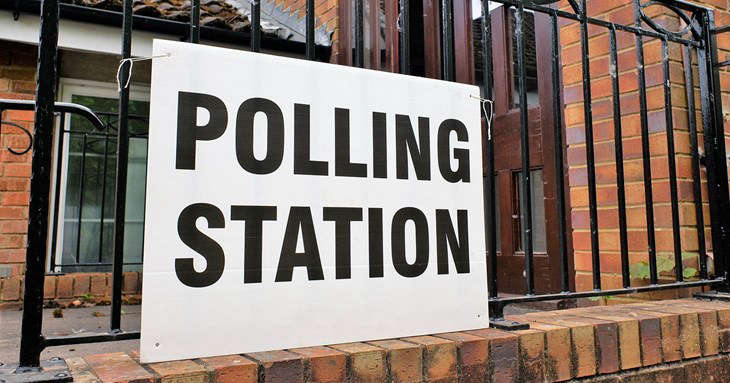
Some people thought it was a foregone conclusion
Hundreds of thousands of people across Devon failed to cast a vote in the general election, official figures reveal.
The number of people going to the polls plummeted; a trend reflected across the country.
The Institute for Public Policy Research think-tank says just over half of British adults voted – the lowest turnout since voting was extended to all adults over the age of 21 almost a century ago.
The Electoral Reform Society says the trend is worrying, with turnouts close to the all-time record low of 2001 when Tony Blair’s Labour government won a landslide re-election.
They say the requirement to show photo ID could be to blame, along with a feeling that the outcome of the election, a Labour majority, was a foregone conclusion.
In addition, the 2024 election saw a higher-than-normal amount of people claiming to be undecided until the last minute.
The Elections Act 2022 made it mandatory to take photo identification such as driving licences or passports to the polling station. The Conservative government that introduced the requirement said the purpose was to eliminate voter fraud, but opponents said it would stop many people from voting.
Less affluent communities in which fewer people drive or travel abroad would be disproportionately hit, according to critics.
Dr David Brockington, who lectures in politics, social science and international relations at the University of Plymouth, said: “Photo ID would certainly have had an effect, as would the fact that it was an uncompetitive election.
“The lack of an active campaign in some constituencies could also be a factor.”
In total, just over 620,000 Devonians voted in person, by post or by proxy, but more than 340,000 didn’t bother.
All 13 constituencies in Devon saw turnouts tumble. The lowest proportion of votes were cast in urban areas.
The largest fall came in Plymouth Sutton and Devonport, where votes fell by more than 12 per cent compared to the last general election in 2019. Only 56 per cent of the 73,500 people eligible to vote in Sutton and Devonport did so.
The picture was similar in Plymouth Moor View, where the much-publicised battle between sitting Conservative MP Johnny Mercer and Labour challenger Fred Thomas thrilled the local press but failed to excite the voters.
The turnout in Moor View, which Mr Thomas won, was 58 per cent of the eligible 73,400 voters.
Exeter and Torbay also saw low turnouts, with the number of people voting in Exeter showing a sharp drop.
Even in Central Devon, where Tory frontbencher Mel Stride held his seat after a recount under pressure from Labour, the turnout was six per cent down on the last general election. Just over 71 per cent of the 73,491 people eligible to vote in the rural constituency did so, making it the most ‘engaged’ constituency in Devon, but that still meant more than 21,000 people did not vote.
The picture is less easy to read in the county’s new constituencies, created by an independent boundary review, but the overall trend is still downwards.
Turnout in Honiton and Sidmouth was 67 per cent and in Exmouth and Exeter East it was 64. In the 2019 general election the previous seats which covered the same areas saw more people voting.
The old Tiverton and Honiton seat was won by Conservative Neil Parish 2019 on a turnout of 72 per cent. Liberal Democrat Richard Foord took the seat from him in a 2022 by-election with a turnout of just 52 per cent, but the turnout for by-elections is invariably lower than for general elections.
The old East Devon seat was won in 2019 by Tory Simon Jupp with a turnout of 74 per cent.
Dr Brockington, who is also a former Labour campaign organiser, said the fall in the number of people voting this time around had become apparent soon after the polls closed.
“Photo ID would certainly have had an effect,” he said. “It has been demonstrated in political science literature from the US that it does when strictly applied in various states, and it likely swung Wisconsin for Donald Trump in 2016.
“And also, broadly speaking, given the outcome wasn’t really in doubt, it would be an uncompetitive election, and that also has an impact.”
And, he said, the exceptionally low turnout in Plymouth Sutton and Devonport highlighted another possible explanation.
“The example around that constituency is particularly noteworthy,” he said. “My suspicion is the extra decline is down to campaign and mobilisation effects.
“I know the Labour Party strategically avoided allocating much resource to Sutton and Devonport, focusing instead solely on Plymouth Moor View.
“That was the opposite of when I ran the 2019 campaign in Sutton and Devonport. We treated the constituency as a marginal, and indeed on polling night we closed down Moor View in the late afternoon and moved everybody down to Sutton and Devonport.
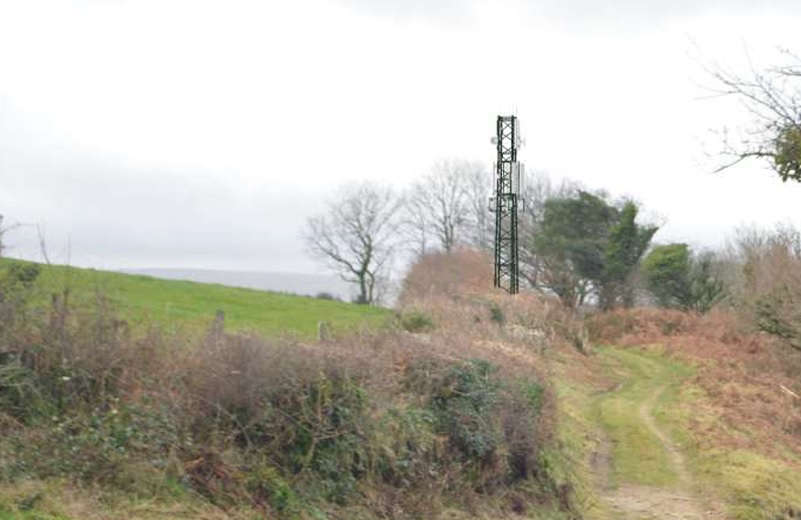 Dartmoor phone mast gets the go-ahead
Dartmoor phone mast gets the go-ahead
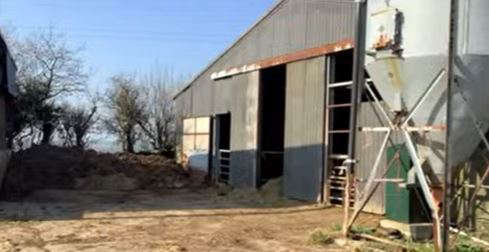 Livestock processing plant refused at Shebbear
Livestock processing plant refused at Shebbear
 Devoncast - New lives for two Devon landmarks and the mysteries of AI
Devoncast - New lives for two Devon landmarks and the mysteries of AI
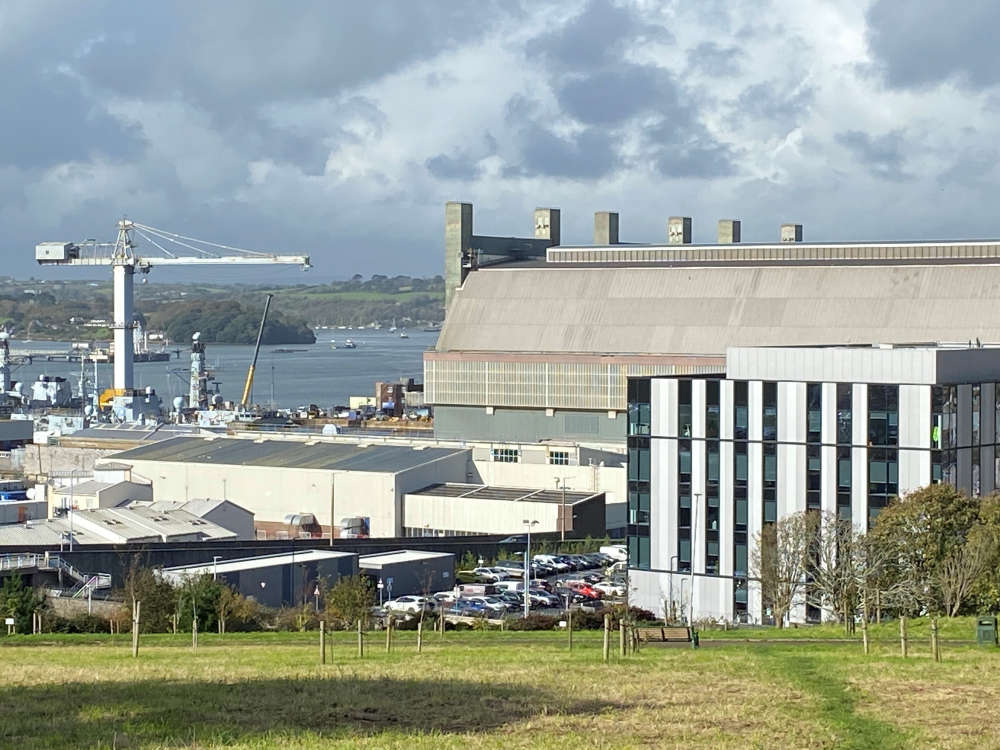 Two Devon warships could be sold to Brazil
Two Devon warships could be sold to Brazil
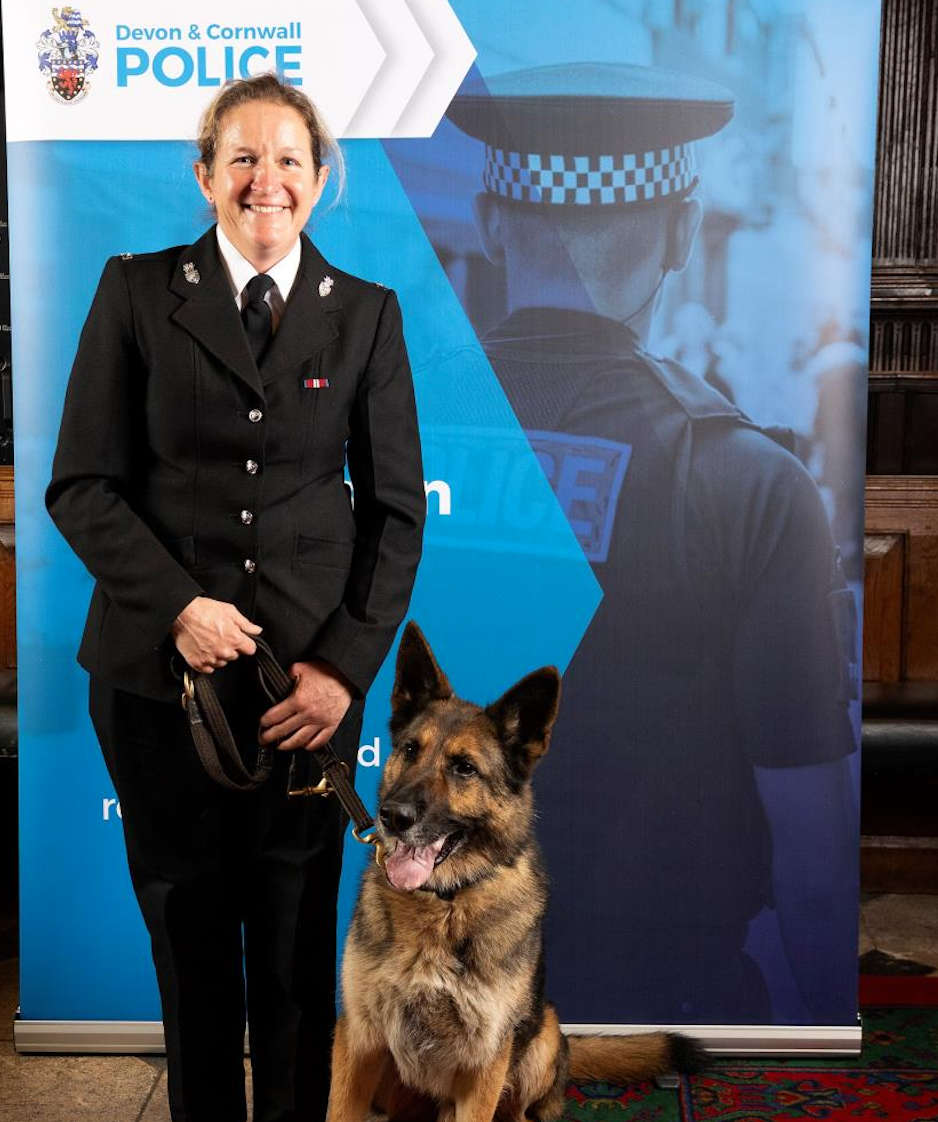 Devon police dog honoured
Devon police dog honoured
 Schizophrenic knifeman given indefinite hospital order
Schizophrenic knifeman given indefinite hospital order
